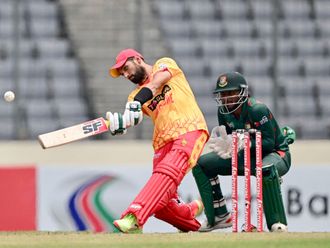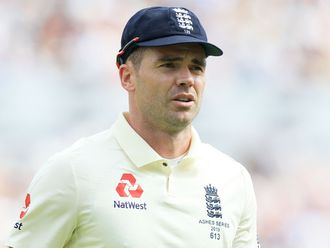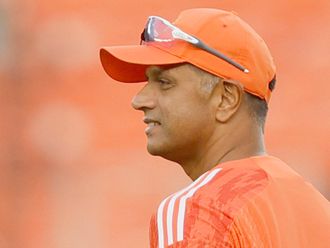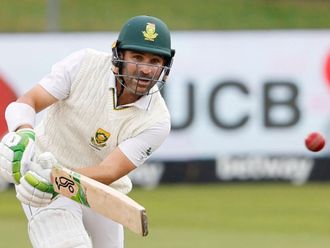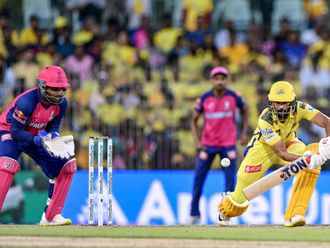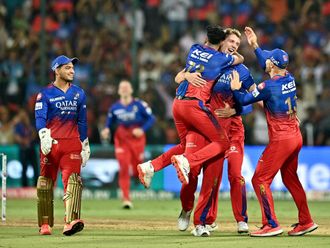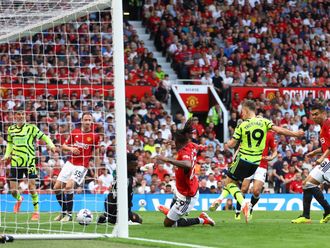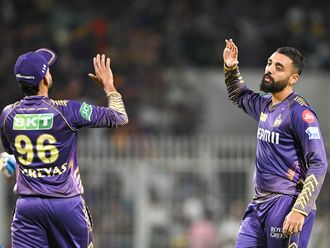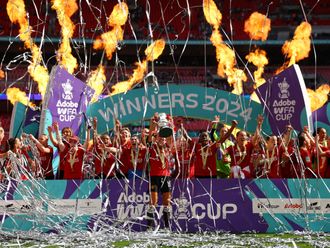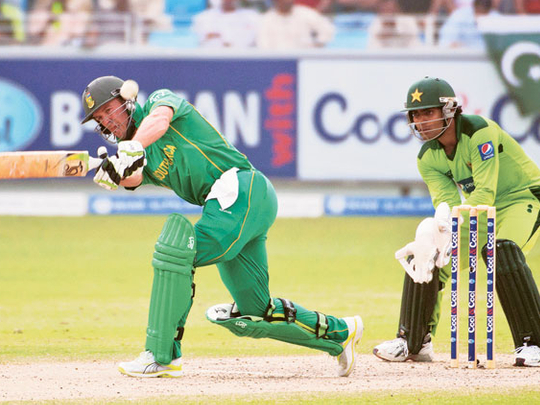
Unfairly crowned as perennial chokers, their history has been hindered by ridiculous rain regulations, panic induced run-outs and a negligent grasp of the Duckworth Lewis regulations.
They come to World Cup 2011 with a renewed determination and the belief that the key to success lies in the balance of the team.
The last time the World Cup was played on the subcontinent, South Africa were defeated by the West Indies in the quarter-finals. Brian Lara hit 111 in 94 balls to set up a competitive but gettable 264. But it was spin that won the match. While Ambrose and Walsh mustered two wickets between them, the part-time twirlers Keith Arthurton and Jimmy Adams bowled 16 overs and matched Roger Harper's four scalps.
The past will have played a role in the selection of the current 15-man squad and hard lessons remind of the need for options and an emphasis on spin. So, the inclusion of uncapped Pakistan-born leg-spinner Emran Tahir is the major surprise. His selection gives the bowling attack five spin options. Faf du Plessis, the all-rounder who recently made his debut against India, is the other leg-spinner in the squad.
The last time that South Africa took wrist-spin bowling this seriously was in 1907 when four of them were chosen to tour England. Johan Botha and Robin Peterson are the other specialist bowlers while J.P. Duminy will provide admirable support. It was down to just Pat Symcox and Paul Adams in 1996.
The world's leading all-rounder Jacques Kallis is one of five quicks that also include the number-one ranked Test bowler Dale Steyn and Morne Morkel alongside the left-armers Lonwabo Tsotsobe and Wayne Parnell.
Some may argue that this careful balancing act lacks experience. Together with captain Graeme Smith, A.B. de Villiers and Petersen, Kallis is one of only four survivors from the 2007 World Cup in the West Indies. Morne van Wyk has been chosen as second wicket-keeper to de Villiers, ahead of veteran Mark Boucher, who kept in the two previous competitions.
However, they can boast nine players who have participated in the IPL. These will have experienced not just the pitches, but the unique experience and pressure of playing limited-overs cricket on the sub-continent.
The side's equilibrium also meets government approval. The Minister of Sport and Recreation, Fikile Mbalula, congratulated the selectors for assembling a combination of experience, youthful exuberance and flare to represent the whole of South Africa. This holds more significance than the usual ministerial overtones that accompany another nation's participation in international competition.
South Africa were notable absentees the first time the World Cup was held in India and Pakistan in 1987.
A state policy of racial separation ensured their isolation from major sporting events.
The road to integration has many indicators with sport playing a major role as a visible means to highlight change. The current side includes players from a range of racial backgrounds and the cries of tokenism come more today from hardliners than knowledgeable cricket followers.
This is not to say that the chosen squad is without its doubters. Notable absentees include not only Boucher but the explosive all-rounder Albie Morkel. His omission leaves a frail-looking lower batting order.
A side that could once look to players like Lance Klusener, Brian McMillan and Shaun Pollock for late-innings runs will need to ensure that its top five batters all score heavily.
Parnell worry
Morkel has had an inconsistent season but has the IPL experience to understand the kind of wickets that the World Cup will be played on. Additionally, Wayne Parnell's form is a concern. He took just one wicket in the recent series against India, and conceded 121 runs in 22 overs. To have taken both players, though, would have been an indulgence too far.
It would have been an unlikely selection, but cricket fans would have enjoyed one last chance to watch Herschelle Gibbs on a big stage. There is little doubt that he could have performed, but one eye has to be on development and the selection of 25-year-old Colin Ingram shows insight beyond the current tournament.
In terms of progress at the World Cup, a top order of Smith, Hashim Amla, Kallis, De Villiers and Duminy challenges any batting line-up in the competition and should post some big scores.
Still, they should make the semi-finals and having lost a number of these games as favourites South Africans will be hoping that cricket's omens conspire in their favour this time.
Jon Gemmell is the author of the Politics of South African Cricket


